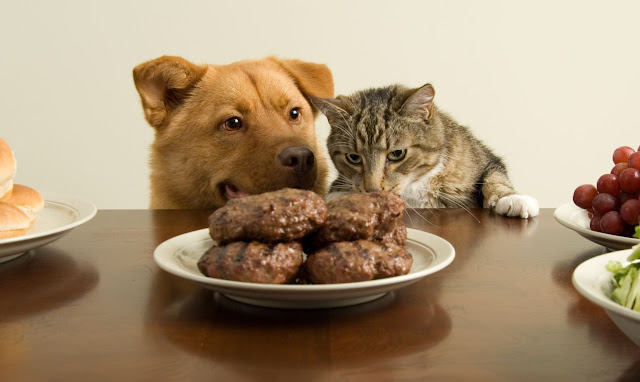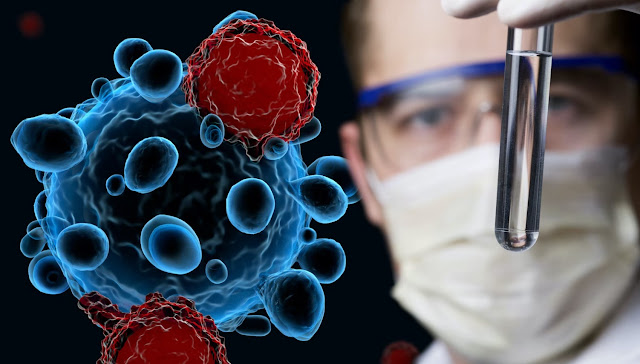Animal Nutrition Is The Study Of The Dietary Needs, Nutrient Requirements Of Various Animal Species
 |
| Animal Nutrition |
Animal Nutrition is a crucial aspect of animal health and
productivity across various species. It involves the study of the dietary
requirements and consumption patterns of animals to ensure their optimal
growth, development, and overall well-being. Proper nutrition is essential for
the maintenance of physiological functions, reproduction, immunity, and
resistance to diseases.
Animals
have diverse dietary needs based on their species, age, size, activity level,
and reproductive status. These requirements are met through a balanced diet
comprising various nutrients such as carbohydrates, proteins, fats, vitamins,
minerals, and water. Each nutrient plays a specific role in the animal's
metabolism and must be supplied in the right proportions for optimal health.
Carbohydrates
are the primary energy source for Animal Nutrition. They are broken down into glucose during
digestion, which fuels various physiological processes. For herbivores,
carbohydrates mainly come from plant-based materials like grains, grasses, and
forages. On the other hand, carnivores obtain carbohydrates from the limited
amounts found in animal tissues or through the conversion of certain amino
acids.
Proteins
are vital for growth, tissue repair, enzyme synthesis, and immune function.
They are composed of amino acids, some of which are essential, meaning the
animal must obtain them from its diet. High-quality protein sources are crucial
to meet the dietary needs of animals, especially those undergoing rapid growth
or reproduction.
Fats,
also known as lipids, are another valuable energy source for Animal Nutrition. They are essential
for the absorption of fat-soluble vitamins (A, D, E, and K) and are involved in
various physiological processes like hormone production. Fatty acids, such as
omega-3 and omega-6, are particularly important for maintaining healthy skin,
coat, and immune function.
Vitamins
and minerals are essential micronutrients required in small quantities but play
critical roles in the animal's overall health. Vitamins are involved in enzyme
function and act as antioxidants to protect cells from damage. Minerals are
essential for bone formation, nerve transmission, and maintaining proper fluid
balance in the body.
Plasma Expander is a medical intervention utilized in emergency
medicine and resuscitation settings to provide immediate fluid replacement.
This isotonic solution expands the plasma volume, leading to improved cardiac
output and tissue oxygenation in patients experiencing significant blood loss
or shock.
Water
is the most critical Animal Nutrition,
as it is involved in nearly all physiological processes. It serves as a
solvent, aids in digestion, transports nutrients, regulates body temperature,
and eliminates waste products. Animals must have access to clean and fresh
water at all times to avoid dehydration and its associated health issues.
The
digestive system of animals is adapted to their specific dietary habits.
Ruminants, such as cattle and sheep, have a complex stomach with four
compartments to efficiently digest fibrous plant materials. Non-ruminant
herbivores, like horses and rabbits, have a large cecum and colon to break down
cellulose and extract nutrients from their plant-based diet. Carnivores,
including cats and dogs, have shorter digestive tracts optimized for the
consumption of animal tissues.



Comments
Post a Comment